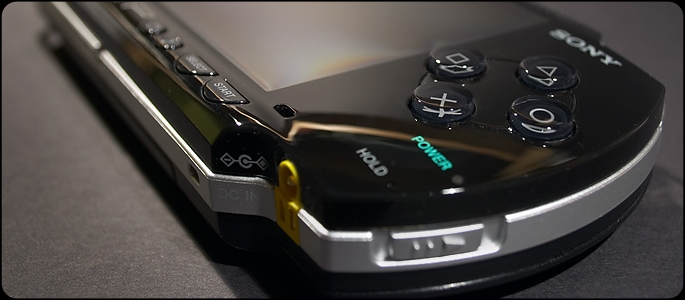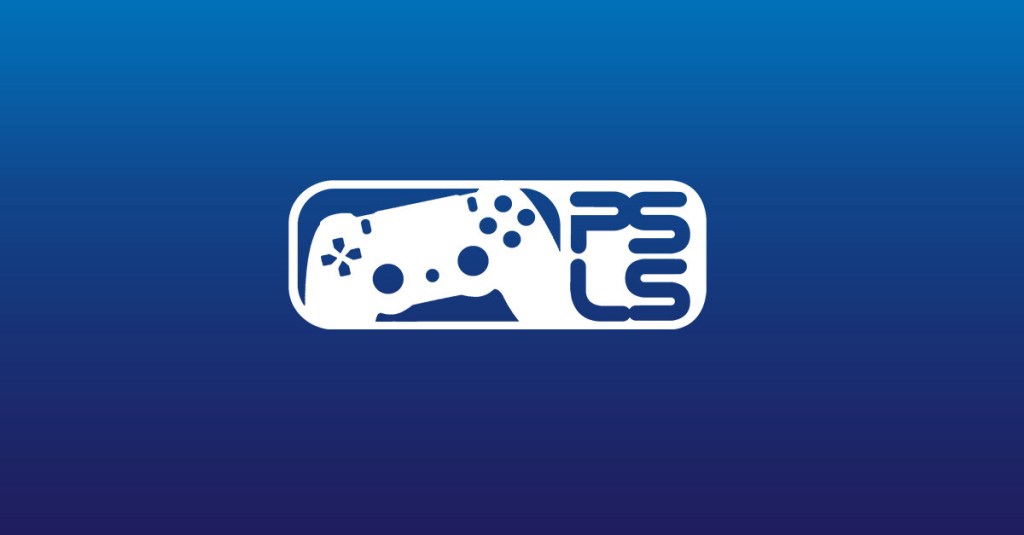
The Library of Congress recently announced some exceptions to the Digital Millennium Copyright Act (DMCA) that governs usage of copyrighted electronic material. The DMCA, signed into law by unanimous vote by the U.S. Senate in October of 1998, places restrictions on everything from posting copyrighted videos to video sharing sites like YouTube, and even circumvents DRM in computer software and video games.
Here are the specific exceptions that could affect the PSP and even other gaming devices:
(2) Computer programs that enable wireless telephone handsets to execute software applications, where circumvention is accomplished for the sole purpose of enabling interoperability of such applications, when they have been lawfully obtained, with computer programs on the telephone handset.
(3) Computer programs, in the form of firmware or software, that enable used wireless telephone handsets to connect to a wireless telecommunications network, when circumvention is initiated by the owner of the copy of the computer program solely in order to connect to a wireless telecommunications network and access to the network is authorized by the operator of the network.
While the language in these exceptions are specific to “wireless telephone handsets”, these methods of circumvention are similar in spirit to the way PSP Custom Firmware (CFW) works. CFW allows a PSP gamer to run custom software, or “homebrew”, on their handheld allowing for features that Sony’s “Official Firmware” (OFW) doesn’t support. Sony has been very vocal about the company’s position on the matter, and continuously modifies the PSP’s official firmware to try to block and discourage CFW.
Everyone’s favorite SCEA President and CEO Jack Tretton himself offered up his own mixed emotions on the subject a few years ago in reference to PSP homebrew:
“I think that is something that is in the works. We certainly see some of the stuff that has been done via homebrew, and it’s incredibly creative. And I think we’d like to try and tap into that a little bit more.”
History seems to have revealed that statement to be a foreshadowing of the PSP Minis platform that makes it a little bit easier for developers to make games for the PSP and PS3, but still falls short of allowing just any old schmuck with a text editor and a cross compiler to make a PSP game or application.
Sony and many third-party publishers have attributed slow sales of PSP software to the other-side effect of PSP CFW — piracy. In addition to allowing gamers to install and run homebrew, CFW can allow more scruple-deficient gamers to run games that they have downloaded illicitly from the Internet. Of course, CFW can also allow gamers to create backups of their UMD games and play them from a Memory Stick, which could also be considered Fair Use.
The threat of even a potential for CFW for the PS3 also recently drove Sony to remove the OtherOS option from the PS3 3.21 firmware. The OtherOS option allowed gamers to install a third party guest Operating System like Linux to run in a virtual environment similar to VMware for the PC. The OtherOS removal has sparked several lawsuits, a custom firmware attempting to restore OtherOS, and even an apology from SCEE.
For now these new DMCA exemptions may be limited to mobile phones, but they will hopefully spur Sony into further loosening their restrictions on PSP and PS3 development to allow for true “homebrew” games and applications. While the subject may make them uncomfortable, the idea of legalizing CFW and opening up the system further to piracy will make third-party publishers even more uncomfortable. The best defense is a good offense. Making it easier for the hobbyist hackers to peddle their homebrew on your system in a controlled manner could be much better for Sony in the long-run than having to continue this ever-escalating battle. Apple’s App Store and consequent boatloads of revenue have shown that throwing the homebrew crowd a reasonably priced bone can do wonders for your bottom line.








